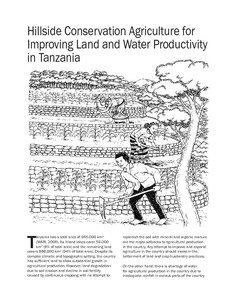Property Rights and Productivity: The Case of Joint Land Titling in Vietnam
This paper explores the effect of land titling on agricultural productivity in Vietnam and the productivity effects of single versus joint titling for husband and wife. Using a plot-fixed-effects approach our results show that obtaining a land title is associated with higher yields, for both individually and jointly held titles. We conclude that there is no trade-off between joint titling and productivity, and so joint titles are potentially an effective way to improve women’s bargaining power within the household with no associated efficiency losses.




